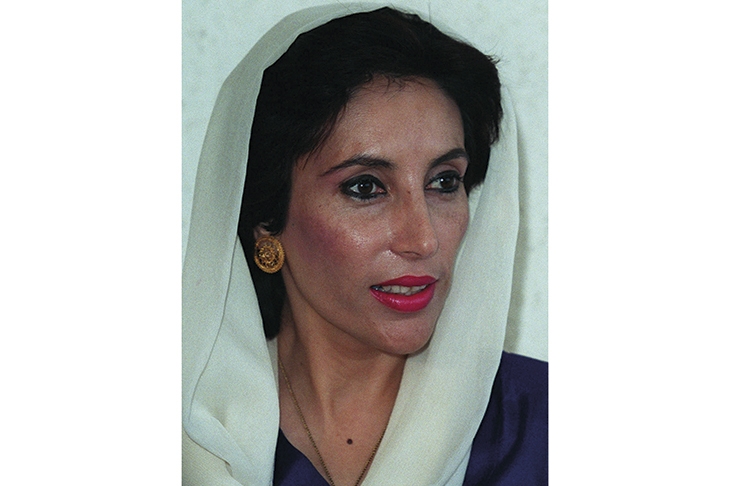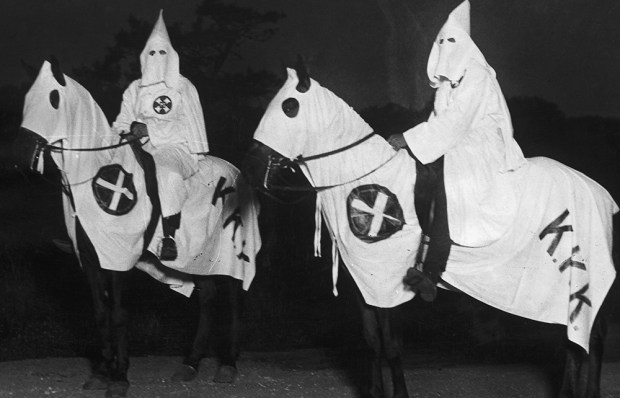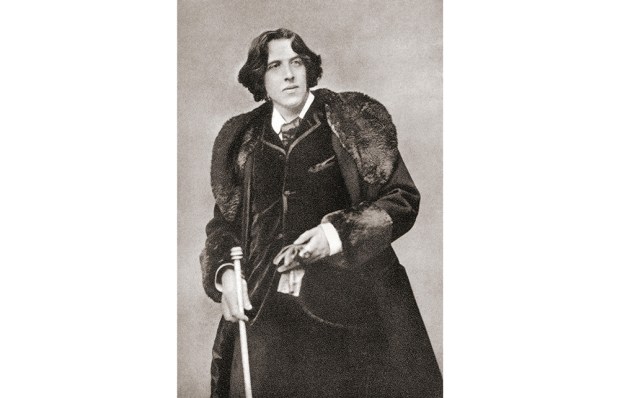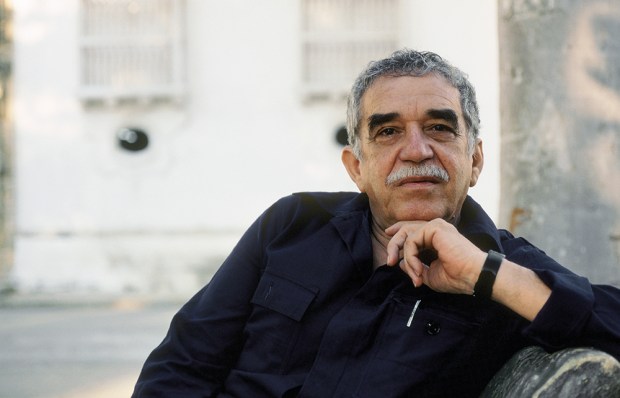Hours after Benazir Bhutto arrived back in Pakistan on 18 October 2007, two bombs exploded near the bullet-proof truck carrying her as it inched through hundreds of thousands of supporters in Karachi. She had returned after eight years in exile in an attempt to become prime minister for a third time.
As with other major incidents in Bhutto’s life, Victoria Schofield, her friend from their time at Oxford, was there. ‘Suddenly, without warning, there was a loud explosion, the impact of which literally blew me out of my chair,’ she writes. More than 140 people died. Bhutto survived. Straight after the blasts Schofield found her at home. ‘She showed me the same affection that she always had: “Come sit,” she said. “I am just so relieved that you are safe”.’
Their 33-year friendship ended two months later when Bhutto was assassinated at a political rally. Her murder, carried out by militants, perhaps at the behest of the deep state, left a chasm in Pakistan’s political landscape. Schofield draws on their correspondence and her diaries for The Fragrance of Tears to paint an intimate portrait of Bhutto and her dynasty. The memoir is also an indictment of abuses of power by Pakistan’s military, which has ruled directly or from the shadows for most of the country’s history since its creation in 1947.
The story begins in 1974 when Schofield, a writer and journalist, first met Bhutto at Oxford, where both became presidents of the Union. Benazir cut a dash driving a yellow MG sports car and indulged a fondness for Anna Belinda dresses and Baskin Robbins ice cream. Among their contemporaries was Imran Khan, the former cricket star and Pakistan’s current prime minister.
On the eve of Benazir’s graduation, her father, Zulfiqar Ali Bhutto, then prime minister, wrote to her that the ‘raw and ruthless life outside the gates of university awaits you’. Within months he was jailed over a murder case and sentenced to hang by General Zia-ul-Haq. His daughter — and Schofield — fought for his life. The author, who on that first visit to Pakistan also reported for The Spectator, arrived when her friend was under house arrest. Schofield typed up Zulfiqar’s defence of his record in office and wrote letters to foreign heads of state begging for intervention. Her duties included ordering a coffin after his lawyer died of a heart attack in front of her.
The chapters on Zulfiqar’s trial and the censorship and repression that surrounded it conjure the origins of Bhutto’s political career. Fighting Zia’s dictatorship, she assumed the leadership of her father’s Pakistan People’s Party, which, despite coming from a ‘feudal’ landed family, he had created to champion the ‘masses’. The period set the tone for her friendship with Schofield, who helped her throughout her tumultuous political career, whether in or out of office or jail.
The two friends’ families became close, and the book offers glimpses of the famously imperious politician as a doting mother and amusing companion. It gives a ringside view of the tragedies that beset the Bhutto clan. After their father’s execution Benazir’s brothers set up a terrorist organisation that hijacked a plane. One of them, Shah Nawaz, died in mysterious circumstances on the French riviera. The other, Murtaza, fell out of favour with his sister after forming a rival party. He died after being wounded in a hail of bullets during an altercation with police outside their family home while she was in power.
Schofield’s description of Bhutto’s marriage to Asif Ali Zardari, who exercised a malign influence over her governments and whom Murtaza nicknamed ‘Asif Ali Baba and the Forty Thieves’ for his alleged corruption, hints at tensions. After a dinner party at Schofield’s London house, Benazir signed the guestbook ‘Prime Minister’ while Zardari wrote ‘A nobody’. Later, he became the president. The book abounds with such behind-the-scenes gems. James Callaghan, when prime minister, tried to persuade Zia to spare Zulfiqar Bhutto’s life, reminding him of the old soldiers’ saying: ‘The grass grows swiftly over a battlefield but never over a scaffold.’
Schofield’s no-nonsense style reveals her to be something of a modern-day Fanny Parkes, redoubtable and deeply engaged with Pakistan. Islamabad once recalled a flight so that she could be put on it and deported, owing to her Bhutto links. The military dictator General Pervez Musharraf secretly asked her to try to persuade her friend not to return from exile to contest elections.
The book gives a vivid sense of a courageous leader, and of Pakistan’s wild charms. Its main defect is that it does not offer a balanced view of the Bhuttos’ corruption and misgovernance. At some points it reads like the minutes of her friend’s career, while recollections of their English social circle verge on the Pooterish.
For all that, it is a moving insider’s account of the first woman to become prime minister of a modern Muslim state — one seemingly impossible to govern. And it provides a reminder that despite her flaws Benazir Bhutto was a symbol of a democratic Pakistan, which, with the unpopular Imran Khan in hock to the military, is once again chafing against the generals’ grip. Bilawal, her son, is among those leading protests.
Got something to add? Join the discussion and comment below.
Get 10 issues for just $10
Subscribe to The Spectator Australia today for the next 10 magazine issues, plus full online access, for just $10.
You might disagree with half of it, but you’ll enjoy reading all of it. Try your first month for free, then just $2 a week for the remainder of your first year.














Comments
Don't miss out
Join the conversation with other Spectator Australia readers. Subscribe to leave a comment.
SUBSCRIBEAlready a subscriber? Log in